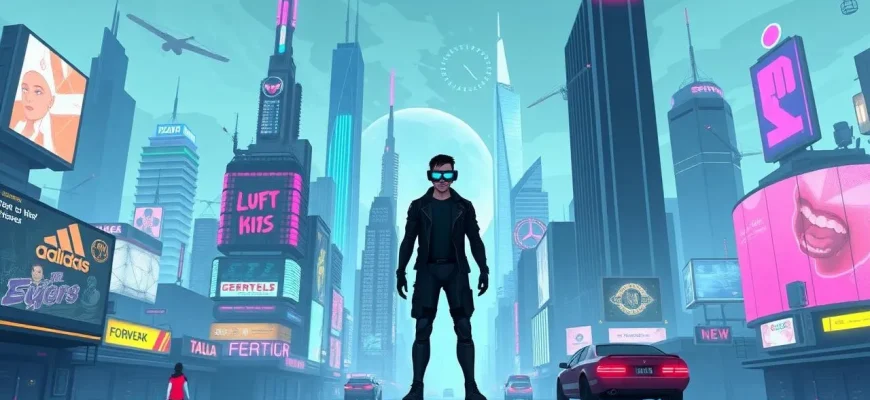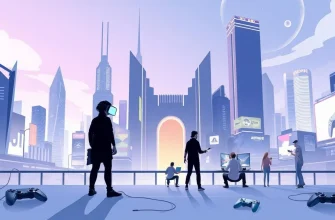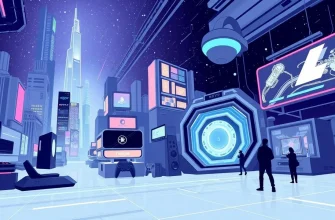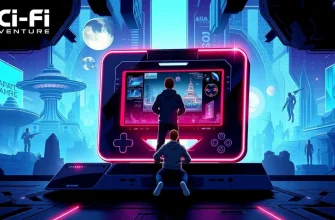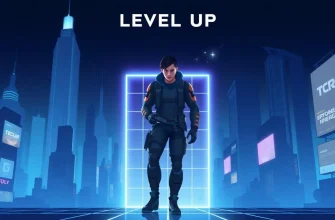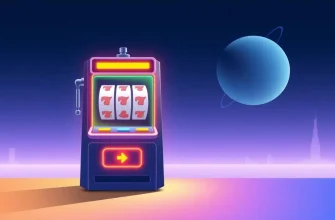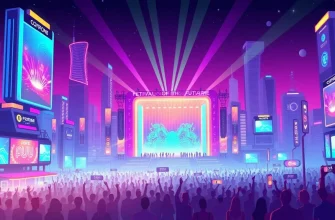Welcome to the neon-lit, high-tech world of cyberpunk cinema! This collection of films explores the intersection of technology, humanity, and the digital realm, offering a thrilling journey through dystopian futures where virtual reality and cybernetic enhancements blur the lines between man and machine. From iconic classics to modern gems, these films not only entertain but also provoke thought about our increasingly digital existence.
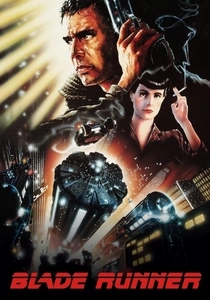
Blade Runner (1982)
Description: Set in a dystopian future where synthetic humans known as replicants are bioengineered by the powerful Tyrell Corporation for use in off-world colonies, Blade Runner delves into themes of artificial intelligence, identity, and what it means to be human. The film's dark, rain-soaked cityscape has become synonymous with cyberpunk aesthetics.
Fact: The film was initially a box office disappointment but has since gained cult status. Ridley Scott's director's cut, released in 1992, removed the original voice-over narration and added a unicorn dream sequence.
 Watch Now
Watch Now 
Tron (1982)
Description: A computer programmer is transported inside the software world of a mainframe computer, where he interacts with programs in a digital gladiatorial arena. Tron was one of the first films to extensively use computer-generated imagery (CGI), setting the stage for future cyberpunk narratives.
Fact: The film's pioneering use of CGI was groundbreaking at the time, although it received mixed reviews upon release. Its legacy has grown over time, influencing numerous sci-fi films and video games.
 Watch Now
Watch Now 
Hackers (1995)
Description: While not strictly cyberpunk, Hackers captures the spirit of the genre with its portrayal of young computer hackers battling a corporate villain. The film's depiction of hacking culture and its vibrant visual style have made it a cult classic.
Fact: The film was criticized for its inaccuracies in depicting hacking but has since been embraced for its nostalgic portrayal of '90s tech culture. Angelina Jolie's breakout role was in this film.
 Watch Now
Watch Now 
Johnny Mnemonic (1995)
Description: In this adaptation of William Gibson's short story, a data courier with a cybernetic brain implant must deliver a package that turns out to be far more dangerous than he anticipated. The film explores themes of corporate control, data privacy, and the human condition in a digital age.
Fact: The film was released the same year as "Ghost in the Shell," highlighting a surge in cyberpunk cinema. It features a young Keanu Reeves, who would later star in The Matrix.
 Watch Now
Watch Now 
Ghost in the Shell (1995)
Description: In a future where cybernetic enhancements are commonplace, Major Motoko Kusanagi, a cyborg federal agent, investigates a hacker known as the Puppet Master. This anime film explores philosophical questions about consciousness, identity, and the soul in a cybernetic world.
Fact: The film was influential in shaping the cyberpunk genre, particularly in its depiction of cyborgs and artificial intelligence. It inspired many Western filmmakers, including the Wachowskis for The Matrix.
 Watch Now
Watch Now 
The Matrix (1999)
Description: This groundbreaking film introduced audiences to the concept of a simulated reality where humans are unknowingly trapped inside a computer-generated dream world. The Matrix explores themes of free will, reality, and the nature of consciousness, making it a cornerstone of cyberpunk cinema.
Fact: The Wachowskis developed the idea for The Matrix after reading the works of Jean Baudrillard, particularly "Simulacra and Simulation." The film's "bullet time" effect revolutionized action sequences in cinema.
 Watch Now
Watch Now 
Avalon (2001)
Description: Directed by Mamoru Oshii, this film follows a virtual reality game player in a dystopian future where the game's reality is more appealing than the real world. It delves into themes of escapism, addiction, and the loss of humanity in a digital age.
Fact: The film was shot in Poland to give it a unique, gritty aesthetic, different from typical Japanese anime. It's known for its slow pace and philosophical undertones.
 Watch Now
Watch Now 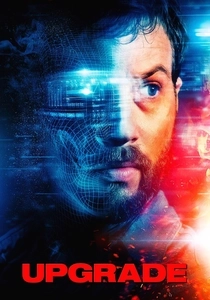
Upgrade (2018)
Description: In a near-future where technology has advanced significantly, a technophobe becomes a host to an experimental computer chip after a brutal attack, turning him into a superhuman. The film explores themes of transhumanism, revenge, and the ethical implications of AI.
Fact: The film was praised for its practical effects and action sequences, reminiscent of '80s and '90s action films. It was directed by Leigh Whannell, known for his work on the "Saw" and "Insidious" franchises.
 Watch Now
Watch Now 
Strange Days (1995)
Description: Set in a near-future Los Angeles, this film revolves around a black market dealer of illegal virtual reality experiences. It tackles themes of voyeurism, memory, and the ethical implications of technology that allows one to experience another's memories.
Fact: Kathryn Bigelow directed this film, which was ahead of its time in exploring virtual reality. The screenplay was co-written by James Cameron, who was Bigelow's husband at the time.
 30 Days Free
30 Days Free 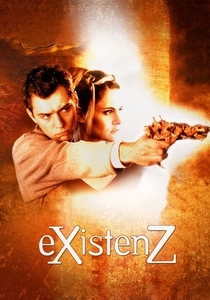
eXistenZ (1999)
Description: David Cronenberg's film blurs the line between reality and virtual reality as a game designer tests her new virtual reality game, leading to a series of events where players can't distinguish between the game and real life.
Fact: The film's title is a play on the word "existence," reflecting its themes of identity and reality. Cronenberg's fascination with body horror is evident in the film's grotesque portrayal of technology.
 30 Days Free
30 Days Free 
